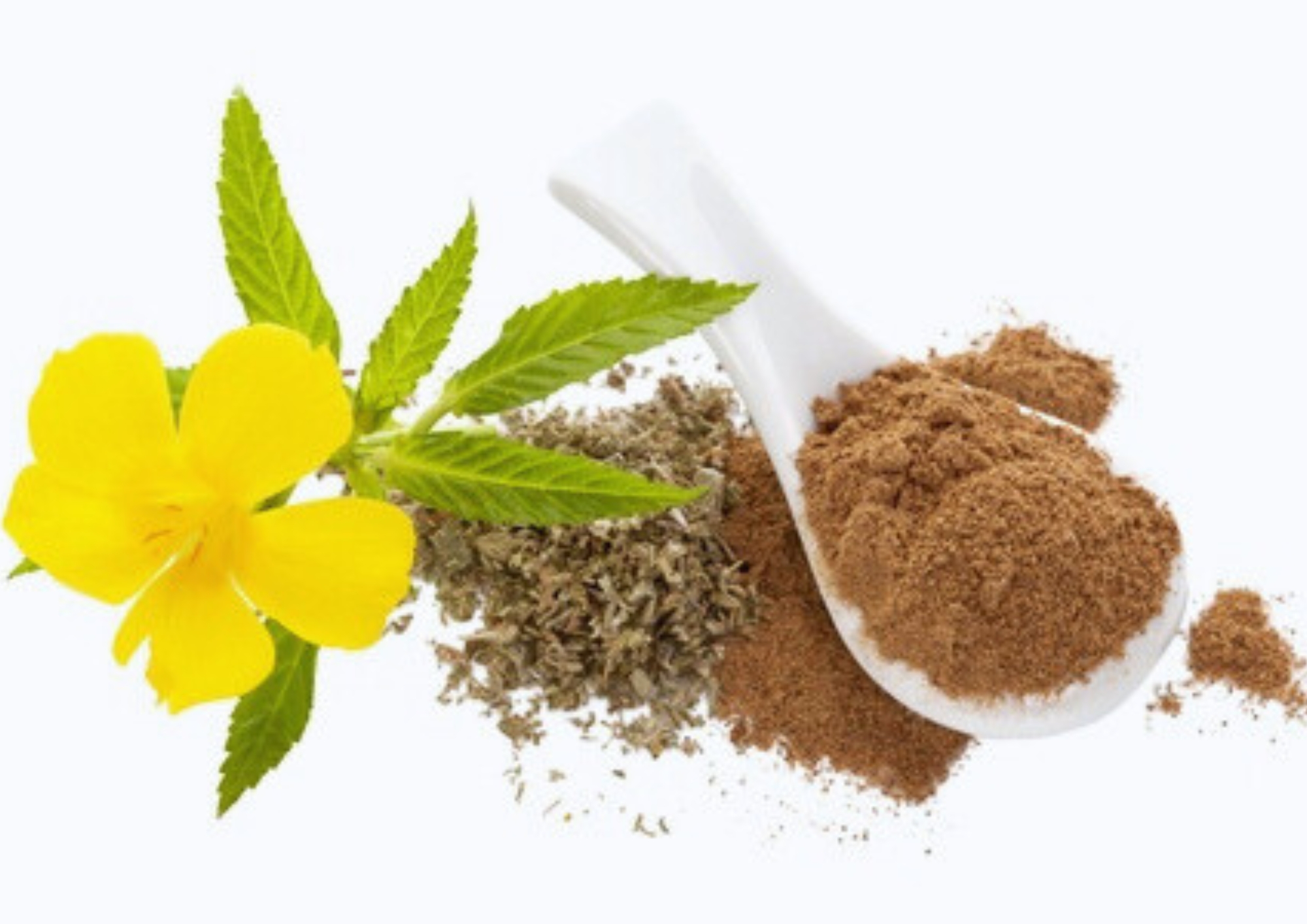Eucalyptus Benefits: Natural Healing for Respiratory Health, Pain Relief, and More
Eucalyptus (Eucalyptus globulus), a fast-growing evergreen tree originally from Australia, has earned global recognition for its potent medicinal properties and refreshing aroma. Packed with cineole (eucalyptol), eucalyptus leaves produce an essential oil celebrated for its antimicrobial, anti-inflammatory, and decongestant effects. From respiratory relief to pain management, this versatile plant has been a staple in traditional medicine and continues to prove its value today.Primary Uses of Eucalyptus
1. Respiratory Health
Eucalyptus oil is highly effective in alleviating respiratory conditions such as colds, coughs, and sinusitis. Acting as a natural decongestant, it clears nasal passages and promotes easier breathing. Inhalation of eucalyptus vapors can soothe sore throats and reduce airway inflammation, making it a popular ingredient in many over-the-counter remedies for colds and flu.2. Pain Relief
Thanks to its anti-inflammatory properties, eucalyptus oil is widely used to alleviate pain, particularly muscle aches and joint discomfort. When applied topically after dilution with a carrier oil, it can reduce inflammation and relieve conditions like arthritis and muscle soreness. Eucalyptus-infused balms and massage oils offer targeted relief for localized pain.3. Antiseptic and Wound Care
Eucalyptus oil’s antibacterial qualities make it a natural choice for cleaning and disinfecting minor wounds. When diluted, it can be applied to cuts, scrapes, or insect bites to prevent infection and promote healing. Its antimicrobial properties discourage bacterial growth, offering a gentle yet effective solution for first aid care.4. Oral Health
Eucalyptus oil is a key ingredient in many dental care products, such as toothpastes and mouthwashes, due to its antibacterial effects. It combats plaque buildup and helps prevent gum disease, contributing to overall oral hygiene. Regular use can also freshen breath and maintain gum health, making it an integral part of a natural dental routine.5. Natural Insect Repellent
Eucalyptus oil is an effective natural insect repellent, especially for mosquitoes and other pests. Used in sprays, candles, or lotions, it offers a chemical-free alternative for protection against insect bites. Its strong, aromatic properties deter pests, making it ideal for outdoor activities.Important Precautions When Using Eucalyptus
While eucalyptus oil offers numerous benefits, proper use is essential to avoid side effects:- Topical Use: Always dilute eucalyptus oil with a carrier oil before applying to the skin to prevent irritation or allergic reactions.
- Inhalation: Inhaling eucalyptus oil can irritate respiratory conditions such as asthma. Use cautiously and avoid prolonged exposure.
- Internal Use: Eucalyptus oil is toxic if ingested. Never consume it directly, and keep it out of reach of children.
- Children and Pets: Eucalyptus oil is not safe for young children or pets, as it may cause severe reactions. Use alternative remedies for them.
- Pregnancy and Breastfeeding: Pregnant and breastfeeding women should consult a healthcare provider before using eucalyptus oil.
Global Growing Regions of Eucalyptus
Eucalyptus trees are cultivated worldwide due to their adaptability and rapid growth. Prominent growing regions include:- Australia: The native habitat and home to diverse eucalyptus species.
- Spain and Portugal: Known for large-scale plantations, primarily for essential oil and paper production.
- India: Used for medicinal purposes and as a source of wood and oil.
- South Africa: Cultivated for timber, essential oils, and as a renewable energy source.
- Brazil: Hosts extensive plantations supporting the pulp and paper industries.
Conclusion
Eucalyptus is a powerhouse of natural healing, offering relief for respiratory ailments, pain, and more. Its wide range of benefits, from decongestant properties to its use as a natural insect repellent, underscores its versatility and enduring value in health and wellness. However, responsible use is crucial to harness its benefits safely. Whether through topical applications, aromatherapy, or dental care, eucalyptus remains a cornerstone of natural remedies, bringing its refreshing aroma and therapeutic properties into everyday life.References
- Sadlon, A. E., & Lamson, D. W. (2010). "Immune-modifying and antimicrobial effects of eucalyptus oil and simple inhalation devices." Alternative Medicine Review, 15(1), 33–47. Read the Study
- Juergens, U. R. (2014). "Anti-inflammatory properties of the monoterpene 1,8-cineole: Current evidence for co-medication in inflammatory airway diseases." Drug Research, 64(12), 638–646. Full Article
- Silva, J., Abebe, W., Sousa, S. M., Duarte, V. G., Machado, M. I., & Matos, F. J. (2003). "Analgesic and anti-inflammatory effects of essential oils of eucalyptus." Journal of Ethnopharmacology, 89(2-3), 277–283. Explore Ethnopharmacology
- "Eucalyptus Oil for Respiratory Relief: Proven Benefits and Uses." Healthline. Learn More
- "5 Natural Remedies for Pain Relief: Eucalyptus Oil Benefits." Everyday Health. Explore Remedies












